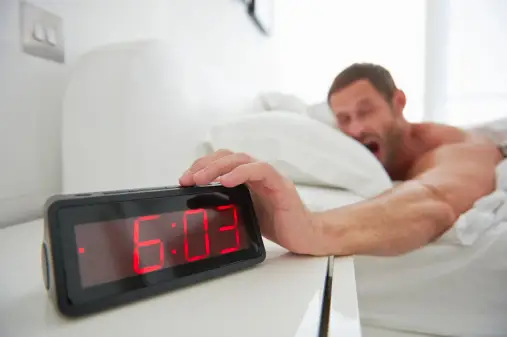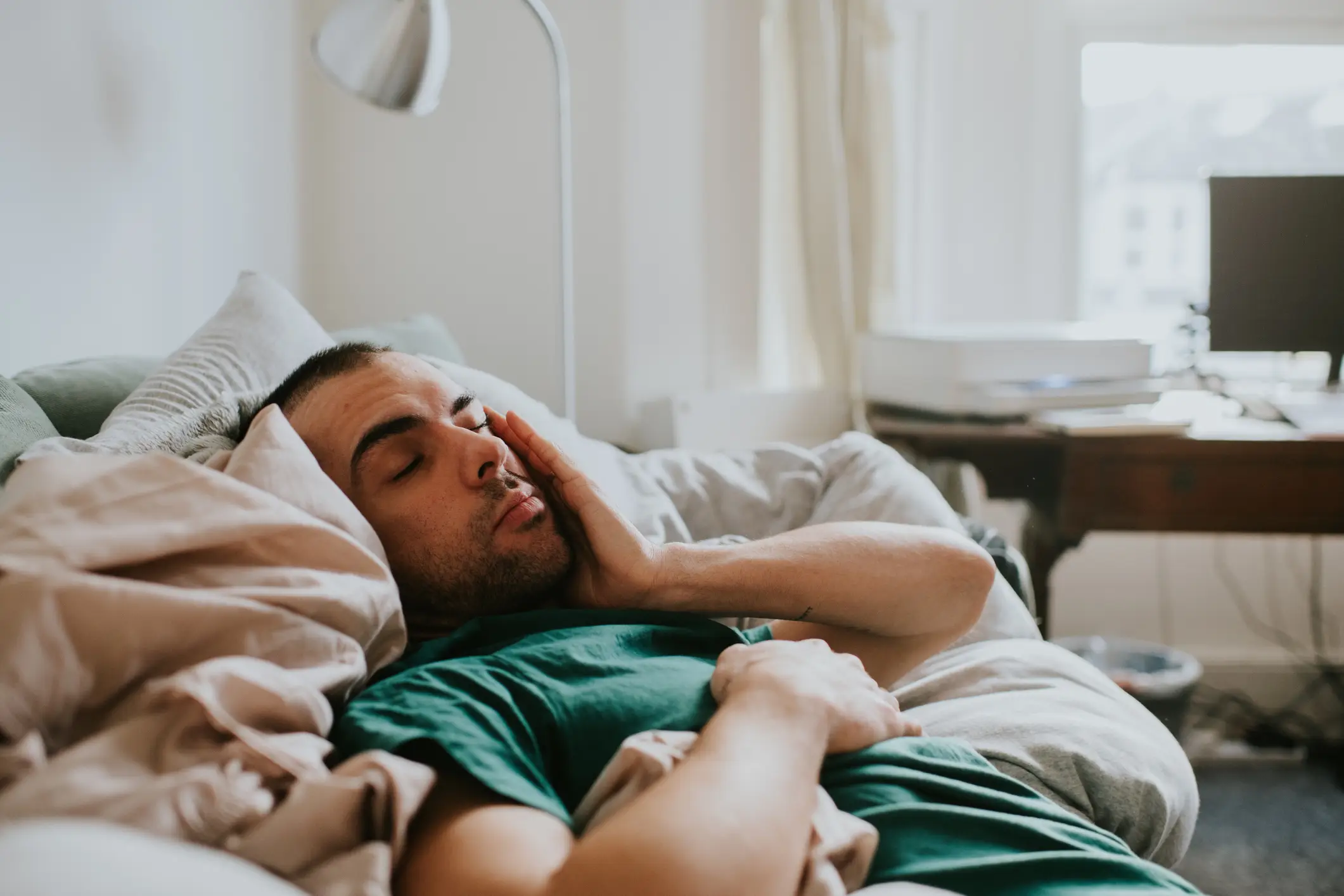
You may have woken up this morning feeling a little extra groggy, and for good reason - the clocks have gone forward.
The beginning of British Summer Time (BST) happened in the early hours of this morning (31 March), with the clock jumping from 1am to 2am.
It means summer is well and truly on its way, with the days getting longer and the mornings getting brighter.
But, it also means we've all lost an hour of sleep and experts say this can have a big impact on our bodies.
Advert

A number of studies have found that when the clocks move forward (or back), this can seriously disrupt our circadian rhythms.
Circadian rhythms are 24-hour cycles that are part of the body’s internal clock, running in the background to regulate things like our alertness, sleepiness and appetite.
And when they get knocked out of whack, it can lead to some pretty serious problems.
It can affect your mood
Research has found that the clocks going forward can really knock our mental health.
According to a US study, depressive episodes increase by 11 percent during the switch.
And, while we all know that a lack of sleep makes us seriously grumpy, a 2020 study released in the Journal of Sleep Research has proven it scientifically.
Researchers showed participants images of laughing or crying children after five nights of normal sleep and after five nights of restricted sleep.

They found that those who'd had less sleep were more likely to have negative responses to the images.
There's an increased risk in car accidents
It's also been found that the disrupted sleep associated with the clocks shifting can lead to more accidents on the road.
A two-decade study that looked at more than 700,000 car crashes found a 6 percent increase in fatal accidents during the week following the clocks going forward or back.
And, separate research by Zurich found an increase in car crashes as drivers adapt to changing light conditions.
It can put you at increased risk of a heart attack or stroke
The shift can even cause some serious health problems, with research finding that the change in circadian rhythms can increase the risk of having a heart attack or stroke.
This is because of the stress caused by changing the clocks.

However, Dr John O'Neill, a circadian rhythms expert from the Medical Research Council Laboratory of Molecular Biology in Cambridge, said the increased risk is minor and only impacts those who are already predisposed to problems.
He explained: "It is really such a modest challenge to your circadian system that the vast majority of people deal with it absolutely fine.
"But because it is happening at the level of the population you can see a slight increase in the frequency of heart attacks."
The same is true for strokes. While a 2016 study found an eight percent increase in stroke hospital admissions after the clocks went forward or back, for the vast majority of us, our 'robust metabolisms' mean we'll be just fine.
